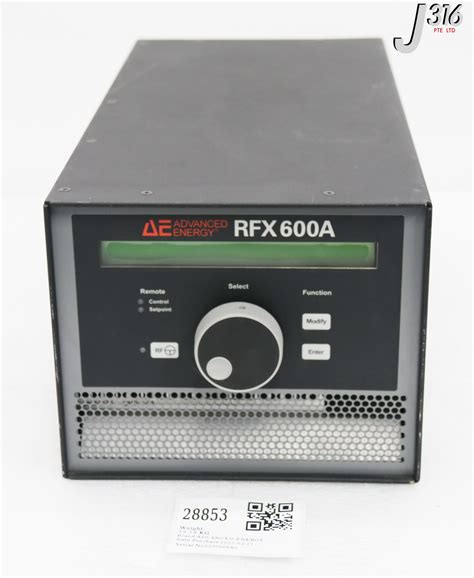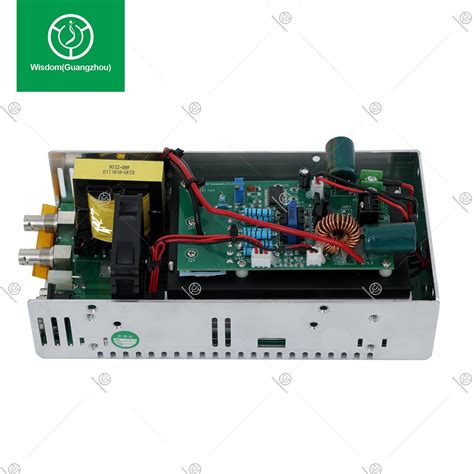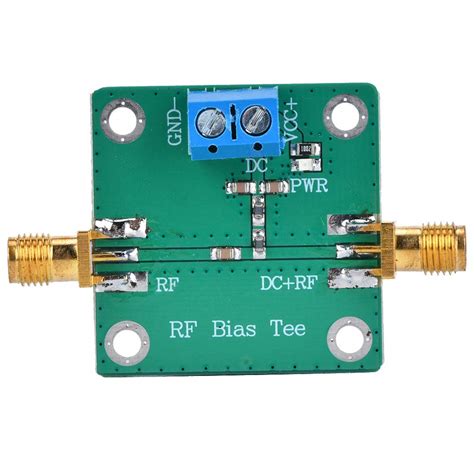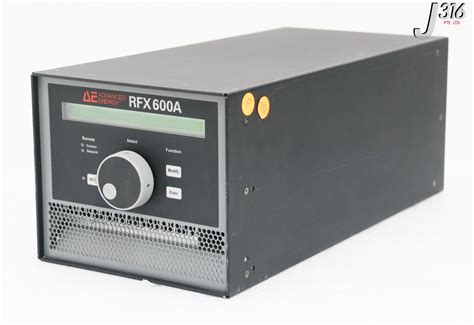Radio Frequency (RF) power supplies are crucial components in various applications, including telecommunications, medical equipment, and industrial processes. These devices are designed to provide a stable and efficient power source for RF amplifiers, ensuring reliable performance and minimizing downtime. When selecting or operating an RF power supply, it's essential to consider several key factors to optimize its functionality and longevity. In this article, we will explore five tips for working with RF power supplies, covering aspects such as efficiency, heat management, and safety.
Key Points
- Understanding the importance of efficiency in RF power supplies to minimize energy losses and heat generation.
- Implementing effective heat management strategies to prevent overheating and ensure reliable operation.
- Ensuring safety through proper grounding, insulation, and protection against electrical hazards.
- Regular maintenance and monitoring to prevent failures and extend the lifespan of the RF power supply.
- Considering the impact of harmonic distortion and noise on the performance of RF systems and taking measures to mitigate these effects.
Efficiency and Heat Management

Efficiency is a critical parameter in RF power supplies, as it directly affects the overall performance and reliability of the system. A high-efficiency power supply minimizes energy losses, reducing the amount of heat generated and the risk of overheating. This, in turn, helps to prevent premature wear and tear on components, ensuring a longer lifespan for the device. To achieve high efficiency, RF power supplies often employ advanced technologies such as switching-mode designs and high-frequency transformers. For instance, a switch-mode power supply can achieve efficiency rates of up to 95%, significantly reducing heat generation compared to traditional linear supplies.
Heat Management Strategies
Despite the advancements in efficiency, heat management remains a crucial aspect of RF power supply operation. Excessive heat can lead to reduced performance, increased failure rates, and even pose safety risks. To mitigate these issues, several heat management strategies can be employed, including the use of heat sinks, fans, and thermal interfaces. For example, a well-designed heat sink can effectively dissipate heat from critical components, maintaining their operating temperatures within safe limits. Additionally, ensuring good airflow around the power supply and using thermal management materials can further enhance heat dissipation.
| Heat Management Strategy | Efficacy |
|---|---|
| Heat Sinks | High |
| Fans | Medium to High |
| Thermal Interfaces | Medium |

Safety Considerations

Safety is paramount when working with RF power supplies, as they can pose electrical hazards if not handled properly. Ensuring proper grounding and insulation of the power supply and connected equipment is critical to prevent electrical shocks and injuries. Furthermore, protection against overvoltage and overcurrent conditions is essential to safeguard both the power supply and the connected load. Implementing safety features such as fuses, circuit breakers, and surge protectors can help mitigate these risks.
Regular Maintenance and Monitoring
Regular maintenance and monitoring are vital to extend the lifespan of an RF power supply and prevent unexpected failures. This includes tasks such as checking for signs of wear, cleaning dust from heat sinks and fans, and verifying the integrity of electrical connections. Moreover, monitoring the power supply’s performance parameters, such as output voltage, current, and temperature, can provide early warnings of potential issues, allowing for proactive maintenance and minimizing downtime.
What are the primary causes of RF power supply failure?
+The primary causes of RF power supply failure include overheating, electrical overloads, and poor maintenance. Regular checks and maintenance can help identify potential issues before they lead to failures.
How can the efficiency of an RF power supply be improved?
+The efficiency of an RF power supply can be improved by using advanced switching-mode designs, high-frequency transformers, and optimizing the power supply's configuration for the specific application.
What safety precautions should be taken when handling RF power supplies?
+When handling RF power supplies, it's crucial to ensure proper grounding and insulation, use personal protective equipment, and follow safety guidelines to prevent electrical shocks and injuries.
In conclusion, working with RF power supplies requires a comprehensive understanding of their operational principles, efficiency, heat management, safety considerations, and maintenance requirements. By following the tips outlined in this article and adopting a proactive approach to RF power supply management, users can optimize the performance, reliability, and safety of their RF systems. Whether in telecommunications, medical equipment, or industrial processes, the efficient and safe operation of RF power supplies is paramount for achieving desired outcomes and minimizing risks.


